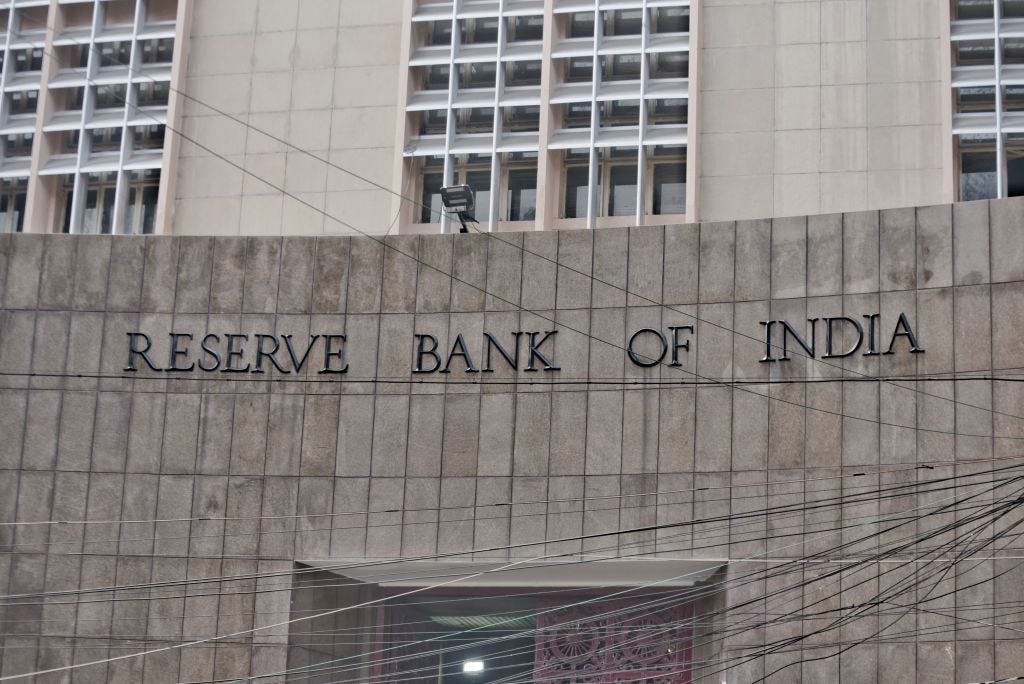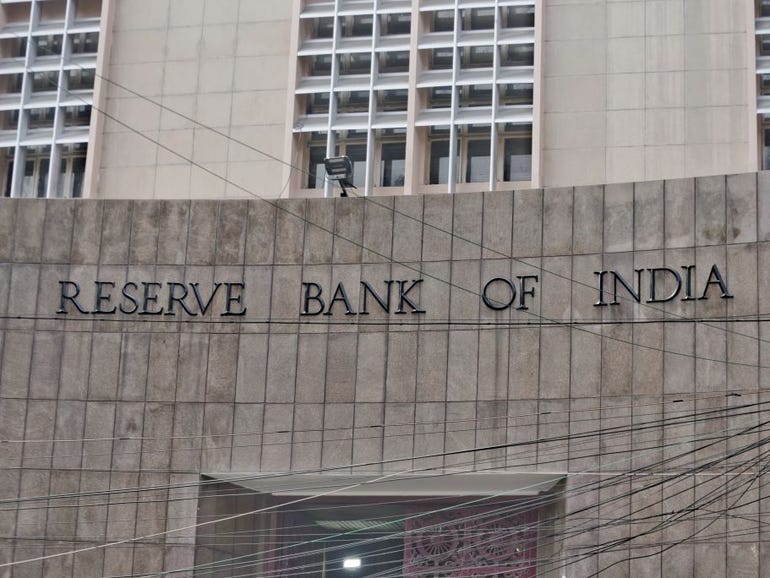Reserve Bank of India’s deputy governor likens cryptocurrency to a Ponzi scheme

Image: Indranil Aditya/NurPhoto via Getty Images
The deputy governor of India’s central bank has likened cryptocurrency to a Ponzi scheme and called for the digital asset to be banned in the country.
“Cryptocurrencies are very much like a speculative or gambling contract working like a Ponzi scheme. In fact, it has been argued that the original scheme devised by Charles Ponzi in 1920 is better than cryptocurrencies from a social perspective,” said Reserve Bank of India deputy governor Shri Rabi Sankar, who gave an address to the Indian Banks Association earlier this week.
Expressing his concern regarding the hype surrounding cryptocurrency in India, Sankar said a ban would be more effective in protecting Indians than any attempt to regulate the digital asset.
Sankar’s criticism of cryptocurrency is in stark contrast to the Indian government’s public position on the technology, which effectively declared its intentions to legalise cryptocurrency through new regulation a fortnight ago.
The declaration was made by Indian Finance Minister Nirmala Sitharaman, who unveiled in her annual budget speech that the presiding government planned to introduce a cryptocurrency tax in the next fiscal year.
While Sankar did not make reference to Sitharaman’s cryptocurrency tax proposal, he said any attempt to regulate cryptocurrency by financial regulators would be difficult due to the “lack of [an] audit trail” and the international nature of crypto transactions.
“As it is not always possible to know of the persons who are the management for cryptocurrencies (e.g., bitcoin), at whom would the regulatory action be directed? If for any reason the entire system collapses what possible regulatory redressal exists for investors? These are questions with very uncomfortable implications that do not have satisfactory solutions,” Sankar said.
“All these factors lead to the conclusion that banning cryptocurrency is perhaps the most advisable choice open to India.”
Sankar added that he believes a cryptocurrency ban would not stifle innovation around distributed ledgers, providing an analogy around human cloning.
“To argue that banning cryptocurrencies would stunt the absorption of blockchain technology is therefore akin to saying that banning human cloning would kill innovations in biotechnology or banning nuclear weapons would hurt nuclear physics as a discipline,” he said.
Elsewhere in India, federal income tax authorities reportedly raided multiple premises of Chinese tech giant Huawei on Tuesday, according to local media outlets.
The searches were reportedly conducted at Huawei’s office premises in New Delhi, Gurugram, Bengaluru, with the government officials looking at Huawei’s financial documents, account books and company records, Indian businesses, and overseas transactions.
Related Coverage
Digital rupee, e-passports and crypto tax all set to launch in India next fiscal year
India’s finance minister said all cryptocurrency gains will be taxed 30%, including gifts.
Can Meta prevent its algorithm from facilitating a communal bloodbath in India?
Company whistleblowers, critics, and those familiar with the inside workings of Meta say that Facebook’s sensation-seeking, hate-speech nurturing algorithms are ripping apart the fabric of many developing countries, especially India.
Log4j flaw: Attackers are making thousands of attempts to exploit this severe vulnerability
Cybersecurity researchers warn over attackers scanning for vulnerable systems to install malware, steal user credentials, and more.
Crypto.com CEO responds to complaints of login issues after $31 million hack
Thousands of Crypto.com users complained that they were unable to get back into their accounts after the hack last week.




